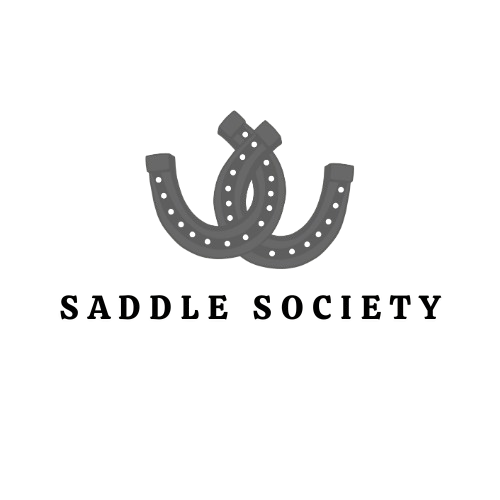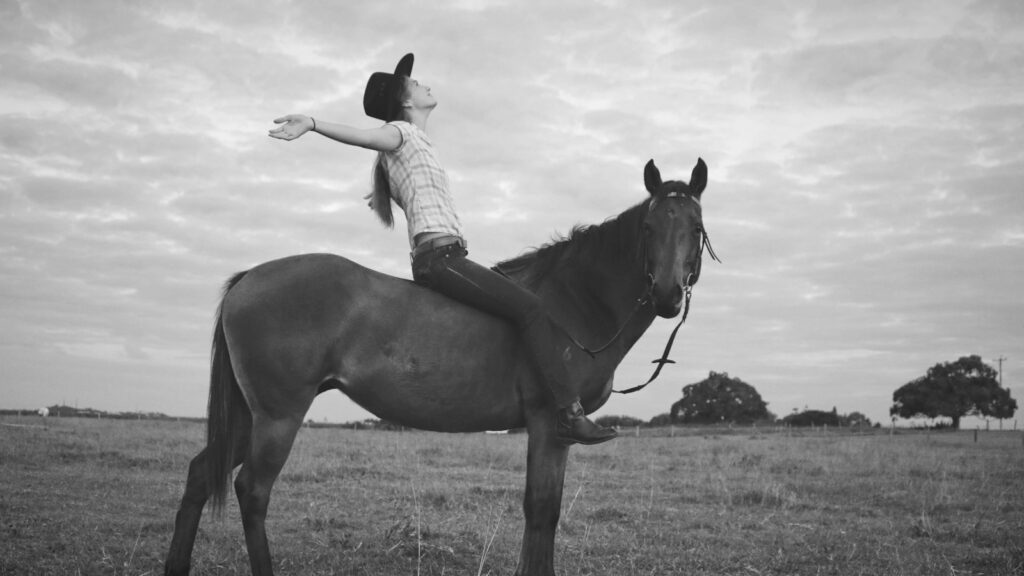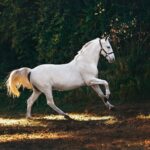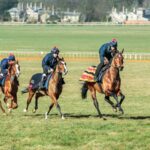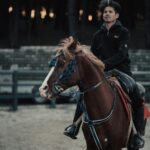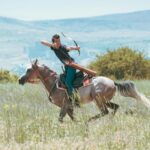The relationship between humans and horses spans thousands of years, evolving from utility partnerships to deep emotional bonds. While horses are naturally social animals that form connections within herds, certain breeds have developed a particularly strong tendency to form profound, lasting bonds with their human companions. These loyal equine partners often demonstrate remarkable dedication, responsiveness, and emotional intelligence that transcends the typical human-animal relationship. Understanding which breeds tend to form these exceptional bonds can help prospective horse owners find their perfect equine partner—one that will not only serve as a riding companion but also as a trusted friend for many years to come.
Arabian Horses: The Desert-Born Companions
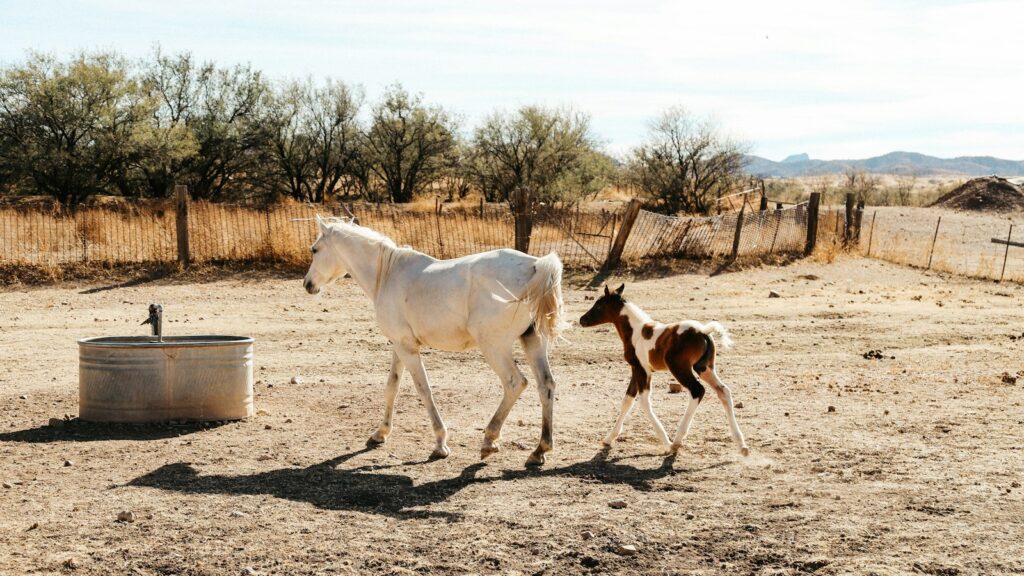
Arabians are perhaps the most historically documented loyal horse breed, having been bred for millennia to form close partnerships with their Bedouin owners. These desert warriors lived alongside their human families in harsh conditions, often sharing the same tent and becoming true members of the household. This centuries-old breed has produced horses with exceptional human awareness and a desire to connect with their owners. Arabs typically demonstrate remarkable memory for people who have treated them well, often greeting their owners with enthusiastic nickering and following them around like devoted dogs. Their legendary loyalty has been documented in countless stories of Arabians carrying injured riders to safety or refusing to leave fallen owners, even in dangerous situations.
Quarter Horses: America’s Devoted Partners
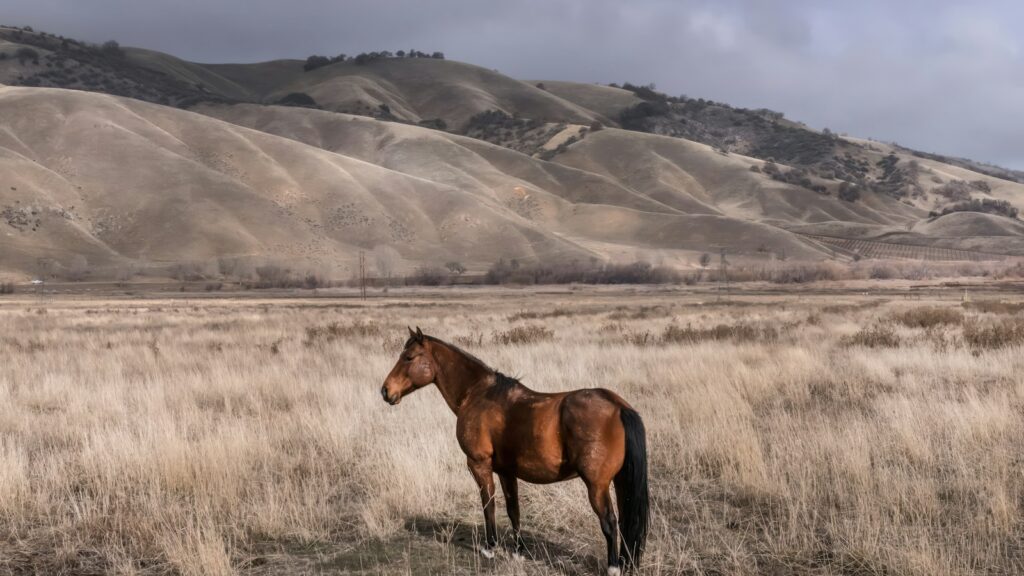
The American Quarter Horse has earned its reputation as one of the most dependable and emotionally connected horse breeds in the world. Bred initially for ranch work requiring close communication between horse and rider, Quarter Horses typically develop strong one-person bonds and demonstrate remarkable sensitivity to their owner’s emotional states. Their naturally calm temperament combined with high emotional intelligence creates horses that often seem to anticipate their rider’s needs before commands are given. Many Quarter Horse owners report their horses recognizing them from considerable distances, showing visible excitement when reunited after separations, and demonstrating protective behaviors when their owners might be vulnerable. The breed’s consistency and willingness to please makes them especially suited for forming lifelong partnerships.
Morgan Horse: The One-Person Horse
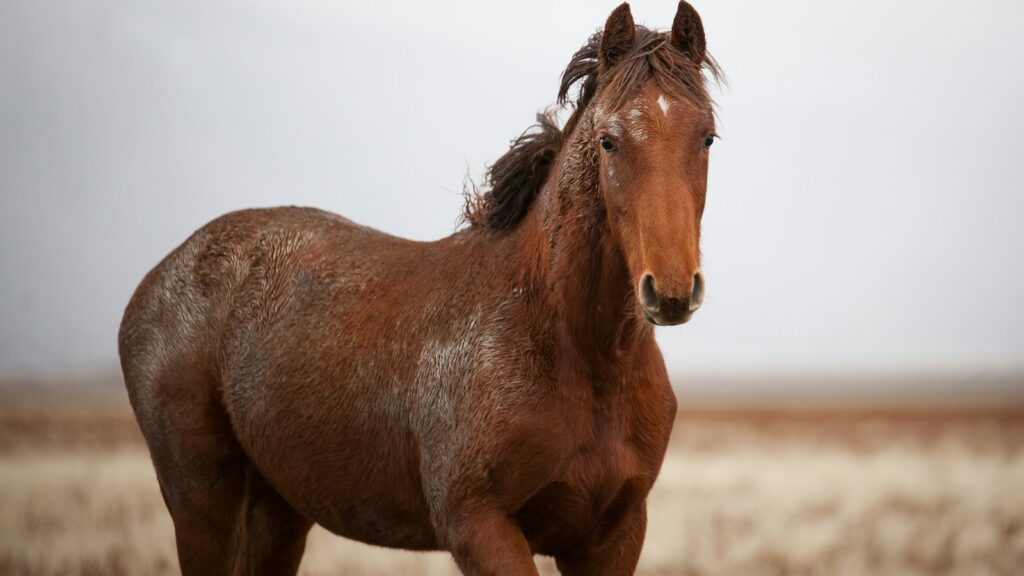
Morgan horses are famous for their tendency to become deeply attached to a single person, earning them the nickname of “the one-person horse” among experienced equestrians. Descended from a single foundation stallion named Figure (later named Justin Morgan), these horses have maintained remarkable consistency in their temperament for over 200 years. Morgans typically demonstrate their loyalty through exceptional attentiveness, often positioning themselves to maintain visual contact with their owners even in distracting environments. They’re known to develop routines and expectations around their human’s schedule, showing visible disappointment when usual interaction times are missed. Many Morgan owners report their horses becoming visibly depressed during extended separations, only to recover their spirited personalities immediately upon reunion.
Friesian Horses: Noble Lords of Loyalty
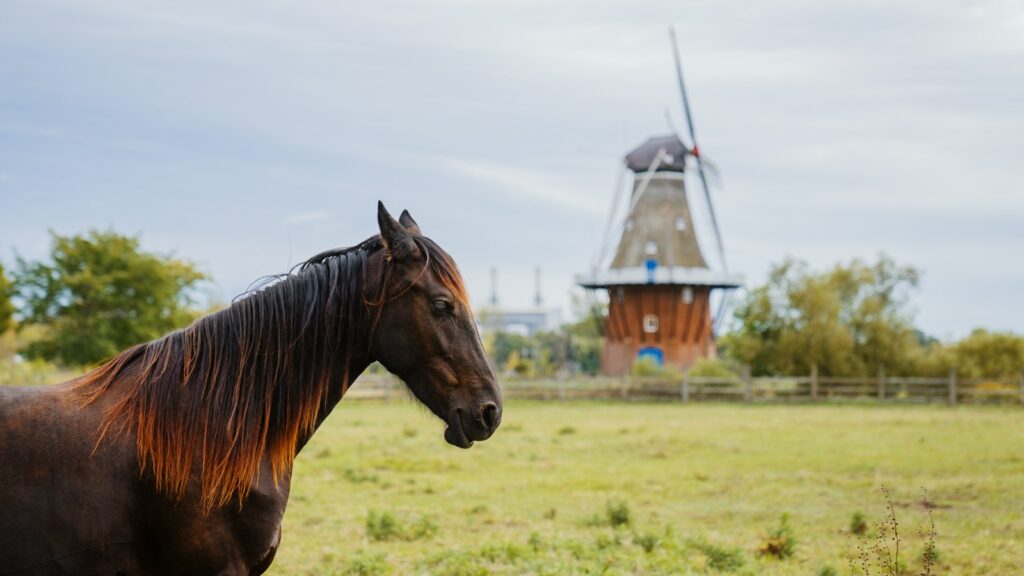
Friesians combine their striking appearance with a deeply loyal nature that has made them beloved companions for centuries. Originally bred in the Netherlands as war horses, they needed to form strong trust relationships with their riders in chaotic battle environments. This historical background has produced a breed that demonstrates exceptional awareness of their rider’s emotional state and a protective instinct toward their chosen human. Friesians typically show their devotion through gentle affection, often resting their massive heads on their owner’s shoulders or carefully following behind them like giant shadows. Their intelligence allows them to recognize subtle changes in their owner’s behavior or health, with many Friesian owners reporting their horses becoming especially gentle and attentive when they’re feeling unwell or emotionally distressed.
Appaloosa Horses: The Vigilant Guardians
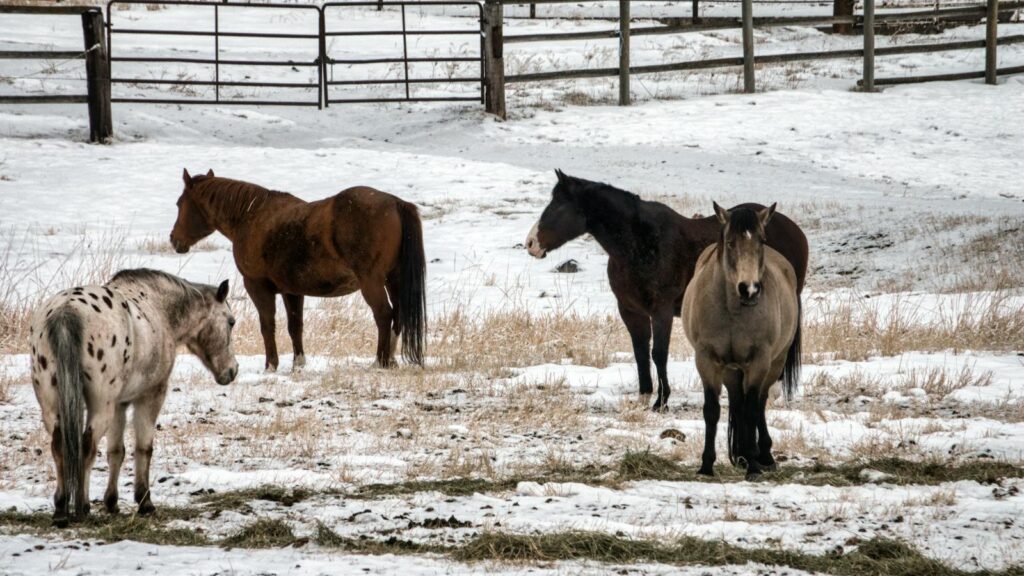
Appaloosas were developed by the Nez Perce tribe, who valued horses that formed strong bonds with specific riders and demonstrated protective instincts. This historical breeding has created horses with remarkable loyalty and vigilance regarding their owners’ safety. Appaloosas often position themselves between perceived threats and their humans, and they’ve been documented refusing to leave injured riders even when their own safety is compromised. Their remarkable memory allows them to recognize owners after years of separation, with numerous accounts of Appaloosas showing immediate recognition of previous owners after long absences. These horses typically demonstrate their bond through constant awareness of their owner’s location and movements, maintaining a protective vigilance that reflects their heritage as war and hunting companions.
Icelandic Horses: Thousand-Year Partnerships
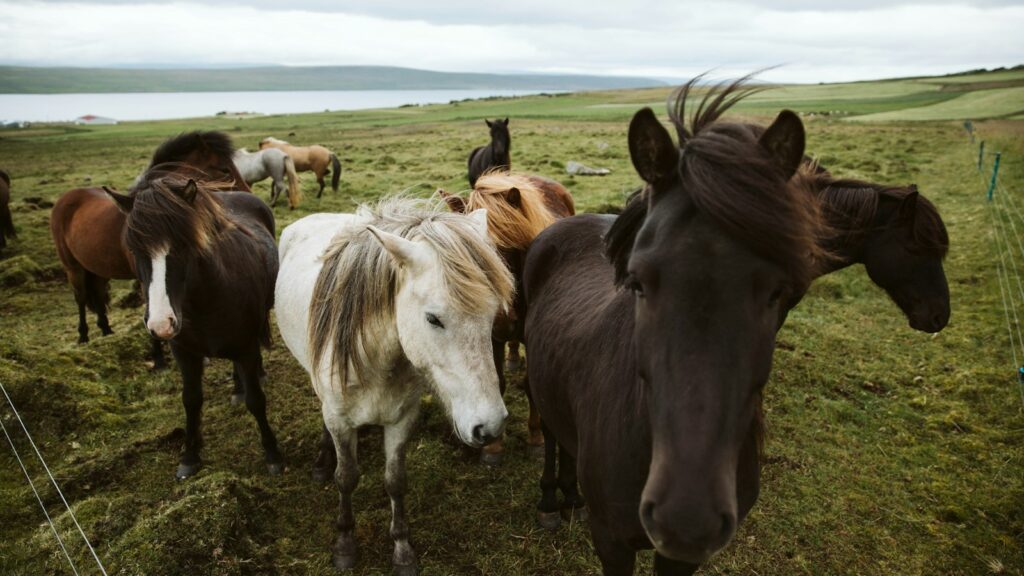
Icelandic horses have been bred in isolation for over a thousand years, developing in a culture where horses were essential family members rather than mere working animals. This cultural context has produced horses with exceptional ability to form tight bonds with their owners. Despite their small stature, Icelandics demonstrate remarkable courage and determination when it comes to protecting or helping their human partners. These horses typically demonstrate their connection through exceptional responsiveness to subtle cues and a willingness to overcome their natural caution when their owner needs assistance. Many Icelandic horse owners report their horses demonstrating pronounced separation anxiety when apart and visible joy upon reunion, suggesting a deep emotional attachment rarely seen in larger breeds.
Thoroughbreds: Sensitive Souls with Deep Loyalty
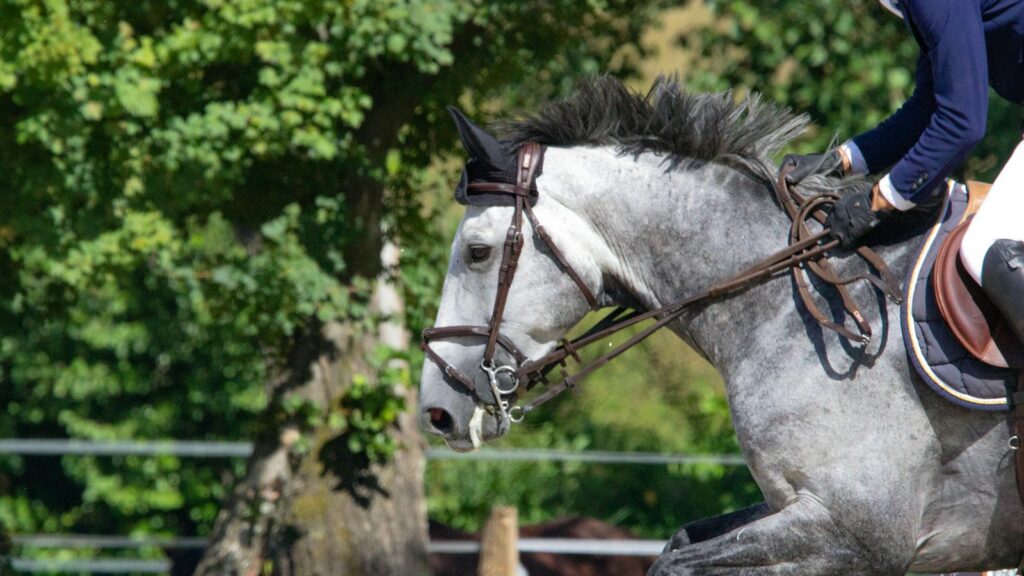
While often stereotyped as high-strung, Thoroughbreds form some of the most intense bonds with dedicated owners who understand their sensitive nature. Their intelligence and emotional depth allow them to develop extraordinary connections with patient handlers who earn their trust. Thoroughbreds typically demonstrate their loyalty through remarkable efforts to please their trusted humans, often pushing through discomfort or fear when their owner needs them. Their sensitive nature means they’re particularly attuned to their owner’s emotional states, often mirroring excitement, calm, or concern based on subtle human cues. Many retired racehorses who find dedicated forever homes demonstrate particularly profound loyalty, perhaps because they’ve experienced the contrast between impersonal training environments and genuine connection.
Mustangs: Wild Hearts That Choose Their Person
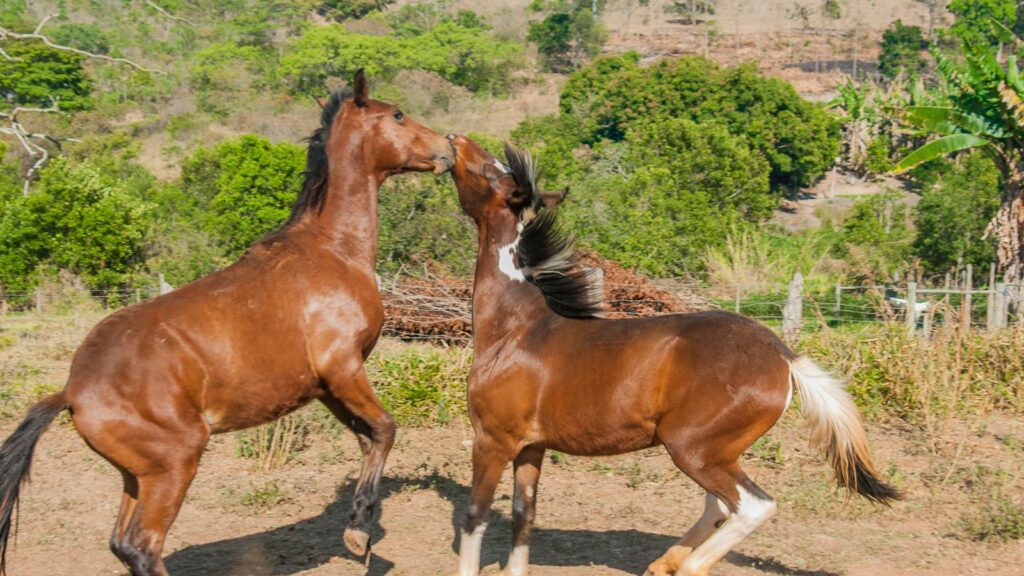
When successfully gentled and bonded, mustangs often form some of the most profound connections with their human partners. Unlike domestically bred horses, mustangs choose to form these relationships, making the bond especially meaningful when established. Their natural skepticism and self-reliance transform into remarkable loyalty once they decide to trust a human completely. Mustangs typically demonstrate their bond through physical proximity, often preferring to remain near their chosen person even when free to move away. Their intelligence and problem-solving abilities manifest in creative ways to reach or help their bonded human partner when obstacles exist. The transformation from wild, independent animal to devoted companion is particularly profound in mustangs, with many owners describing the moment their mustang first chose to approach them voluntarily as life-changing.
Andalusian Horses: Royal Blood and Loyal Hearts
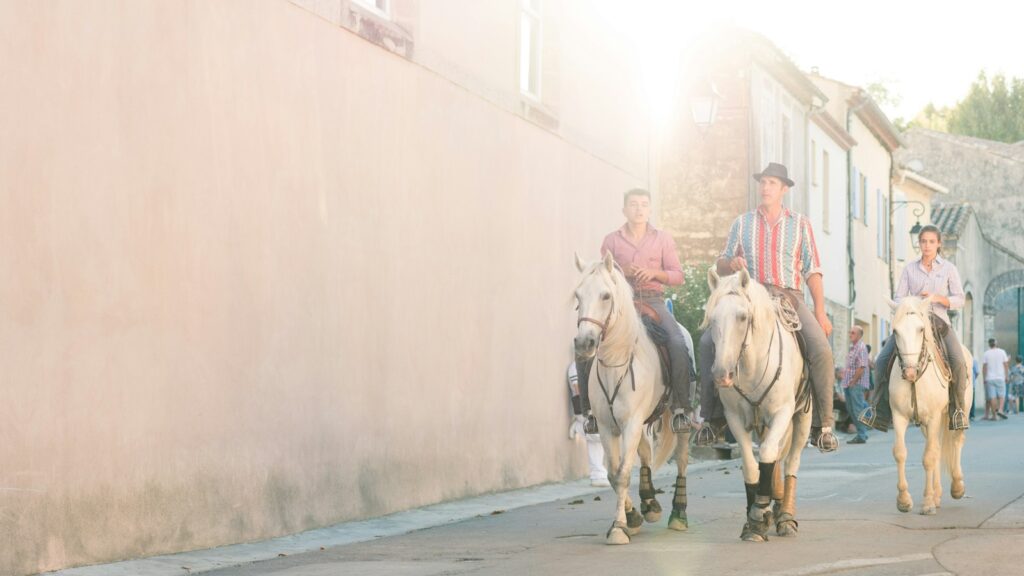
Andalusians, with their ancient Spanish lineage, have been bred for centuries to form exceptional partnerships with specific riders. Traditionally used in dangerous pursuits like bull-fighting and warfare, these horses needed to develop absolute trust in their human counterparts. This historical context has produced horses with remarkable dedication to their chosen person. Andalusians typically demonstrate their loyalty through exceptional responsiveness to subtle cues and a powerful desire to please their rider. They show remarkable memory for people who have treated them well, often maintaining recognition after years of separation. Many Andalusian owners describe their horses seeming to read their thoughts, responding to intentions before physical cues are given—a testament to the breed’s desire for deep connection.
Norwegian Fjord Horses: Steadfast Northern Companions
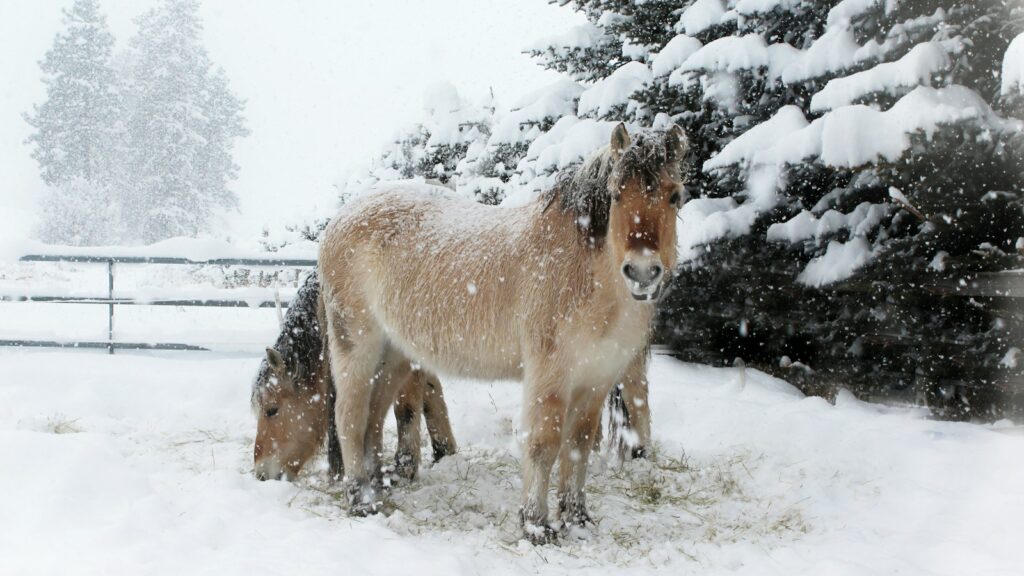
Fjord horses combine their distinctive appearance with a temperament perfectly suited to forming lifelong bonds with their owners. Bred for centuries in harsh Norwegian conditions where partnership between horse and human was essential for survival, these horses demonstrate exceptional loyalty and reliability. Their calm, thoughtful nature allows them to form deep, trusting relationships with consistent handlers. Fjords typically demonstrate their connection through consistent behavior and remarkable patience with their chosen humans, even in challenging circumstances. Their loyalty often manifests as protective behavior, with many Fjord owners reporting their horses positioning themselves between perceived threats and their humans or showing concern when their owners are ill or injured.
Creating and Strengthening the Bond
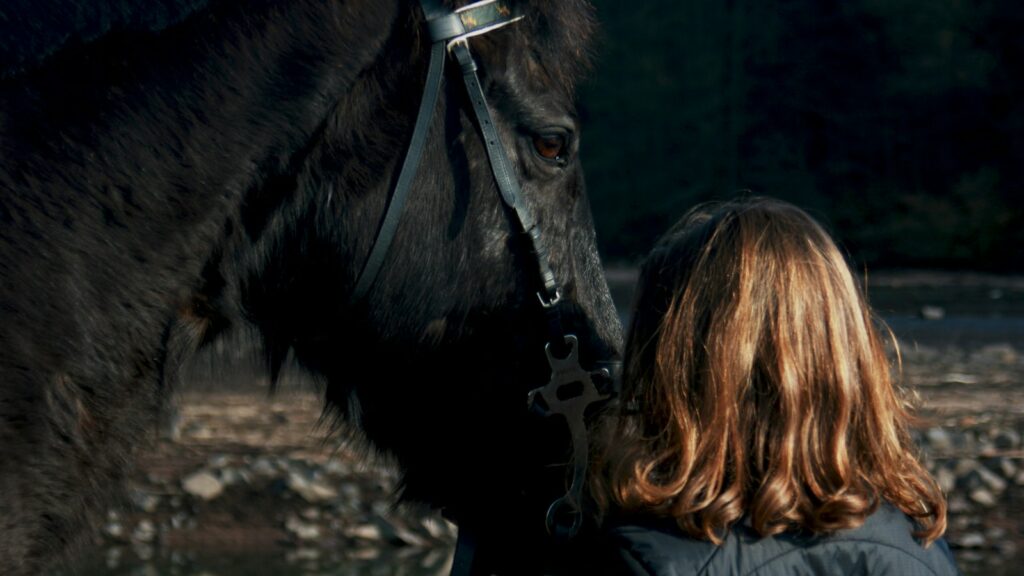
While certain breeds may be predisposed to forming strong bonds, a human’s approach plays an equally important role in developing loyal partnerships. Consistent, fair handling establishes the foundation of trust necessary for a deep connection. Horses respond strongly to humans who respect their nature, communicate clearly, and demonstrate reliability in their behavior. Time spent together outside of work contexts—such as grooming sessions, groundwork, or simply sharing quiet moments—often proves more valuable in building loyalty than riding alone. Respecting each horse’s individual personality and preferences shows them they’re valued as beings rather than merely for their utility, encouraging them to invest emotionally in the relationship.
Signs of a Strong Horse-Human Bond
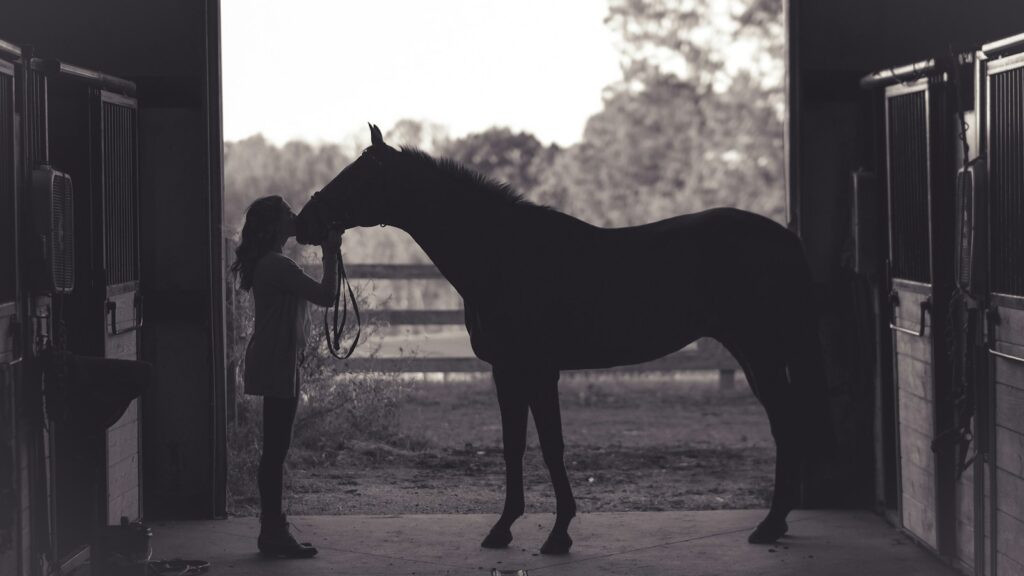
Horses demonstrate their loyalty in ways that might be subtle to untrained observers but speak volumes to experienced handlers. A strongly bonded horse will often soften their expression when seeing their special person, displaying relaxed eyelids, ears gently pointed forward, and a lowered head position. They frequently position themselves to maintain proximity, following without being led or orienting their body to keep their person in view. Vocalizations specifically directed at owners—like soft nickering greetings—indicates recognition and pleasure in the human’s presence. Perhaps most telling is the horse that demonstrates confidence in challenging situations specifically because of their human’s presence, showing that the bond has created a foundation of mutual trust that transcends the horse’s natural caution.
The Rewarding Bond with Horses
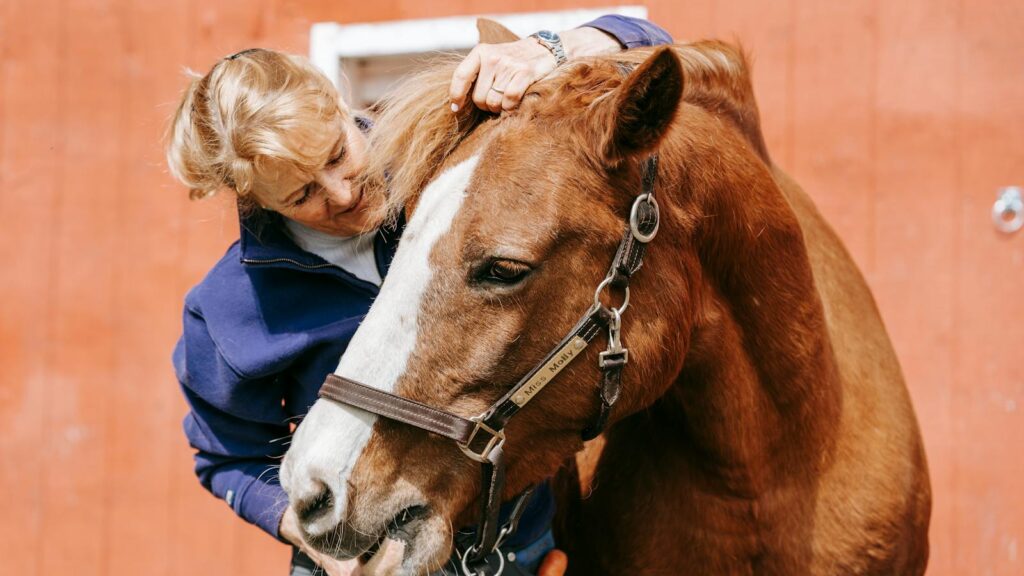
A deeply bonded horse can become not just a recreational partner, but a genuine friend who offers emotional support, unwavering loyalty, and profound connection. While these twelve breeds demonstrate particular tendencies toward forming strong bonds, it’s important to remember that individual horses may vary significantly from breed generalizations. The most important factors in developing a loyal equine partner remain consistent: respectful handling, time investment, and genuine appreciation for the horse as an individual. When these elements combine with a horse naturally inclined toward human connection, the resulting relationship can become one of life’s most rewarding experiences—a partnership that transcends words and connects human and horse at a level that must be experienced to be truly understood.
